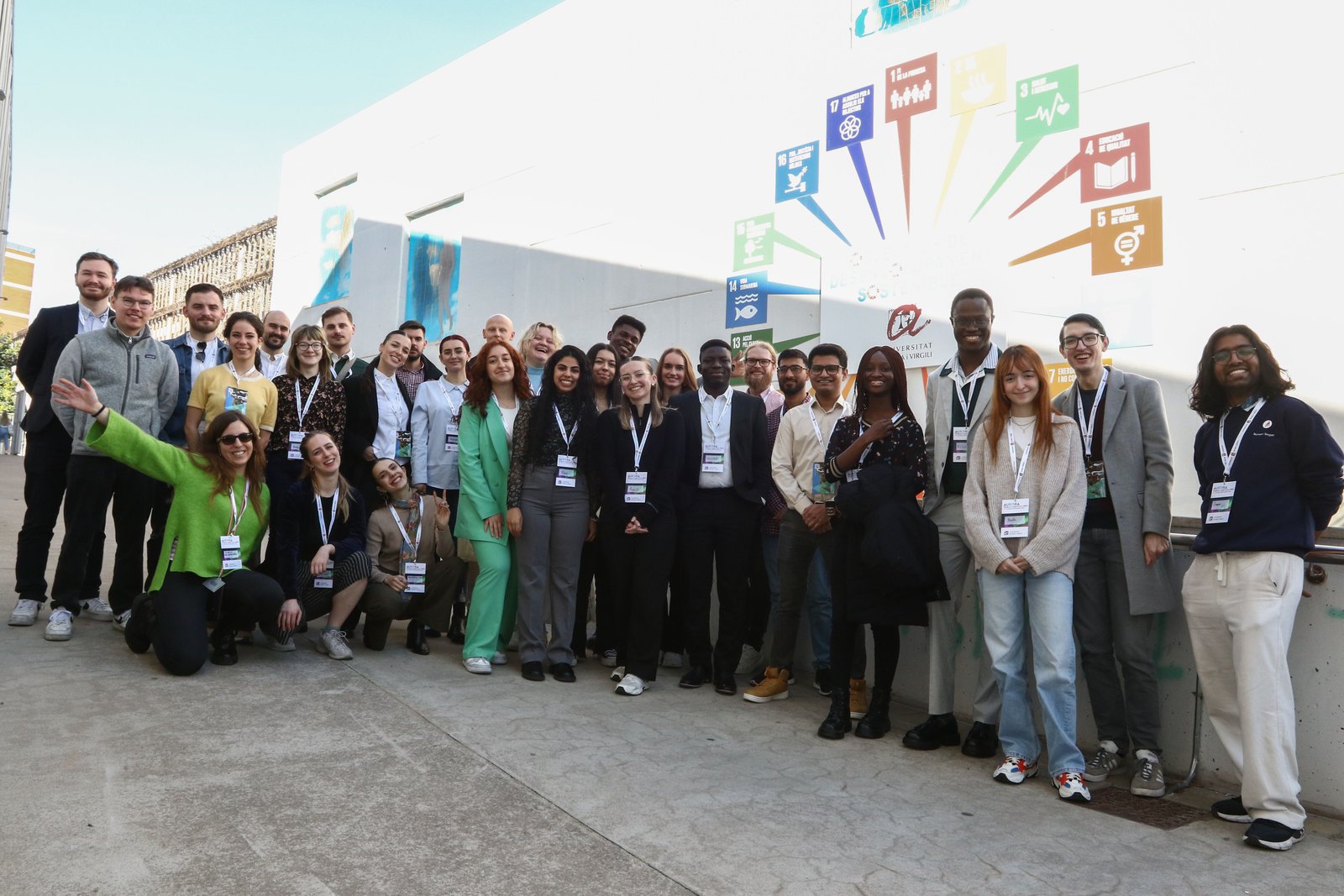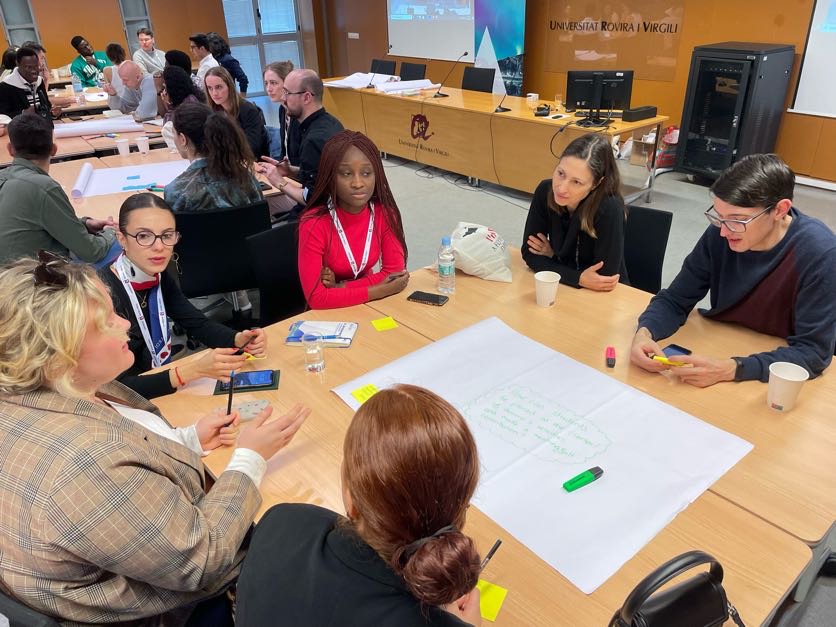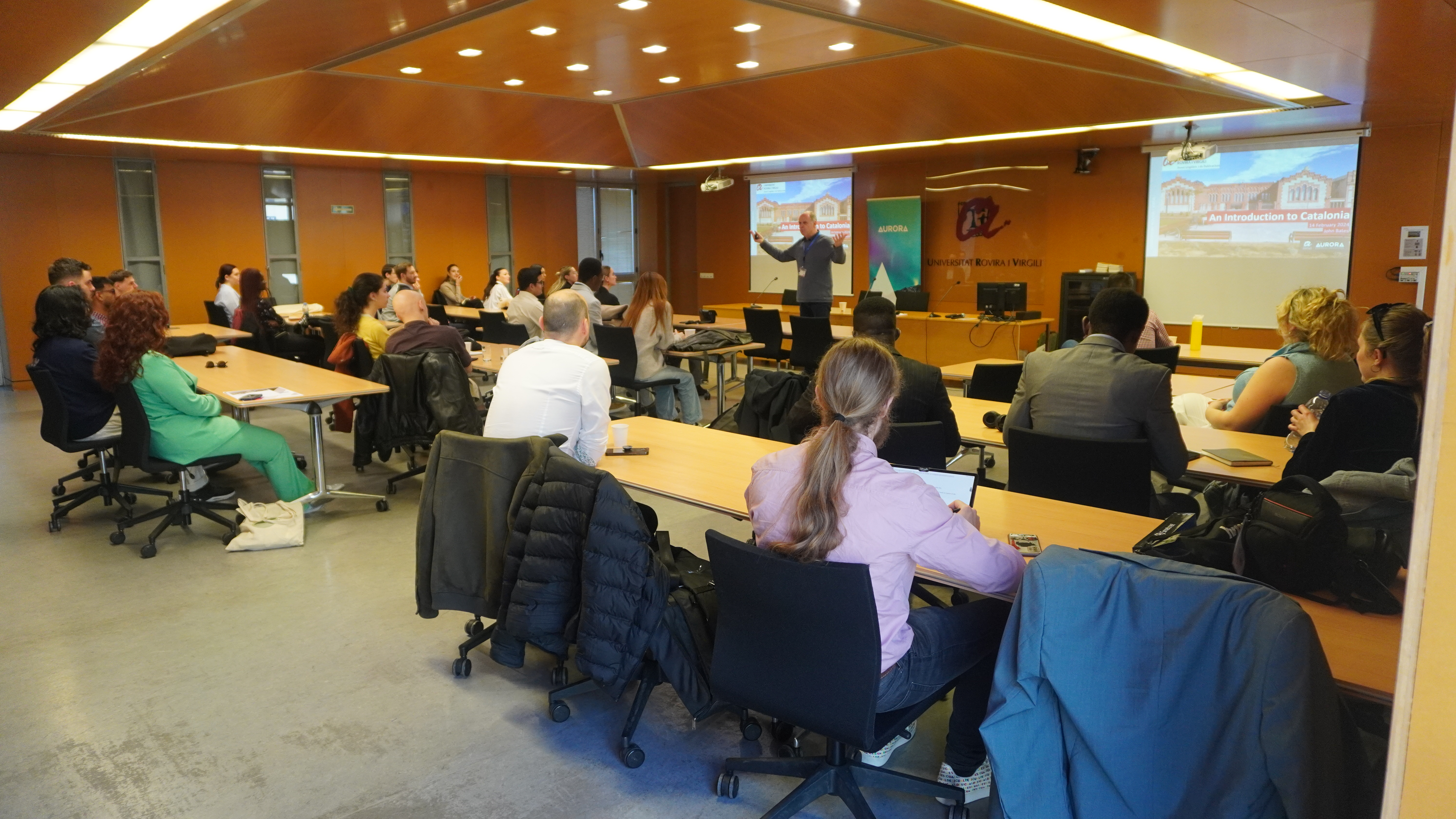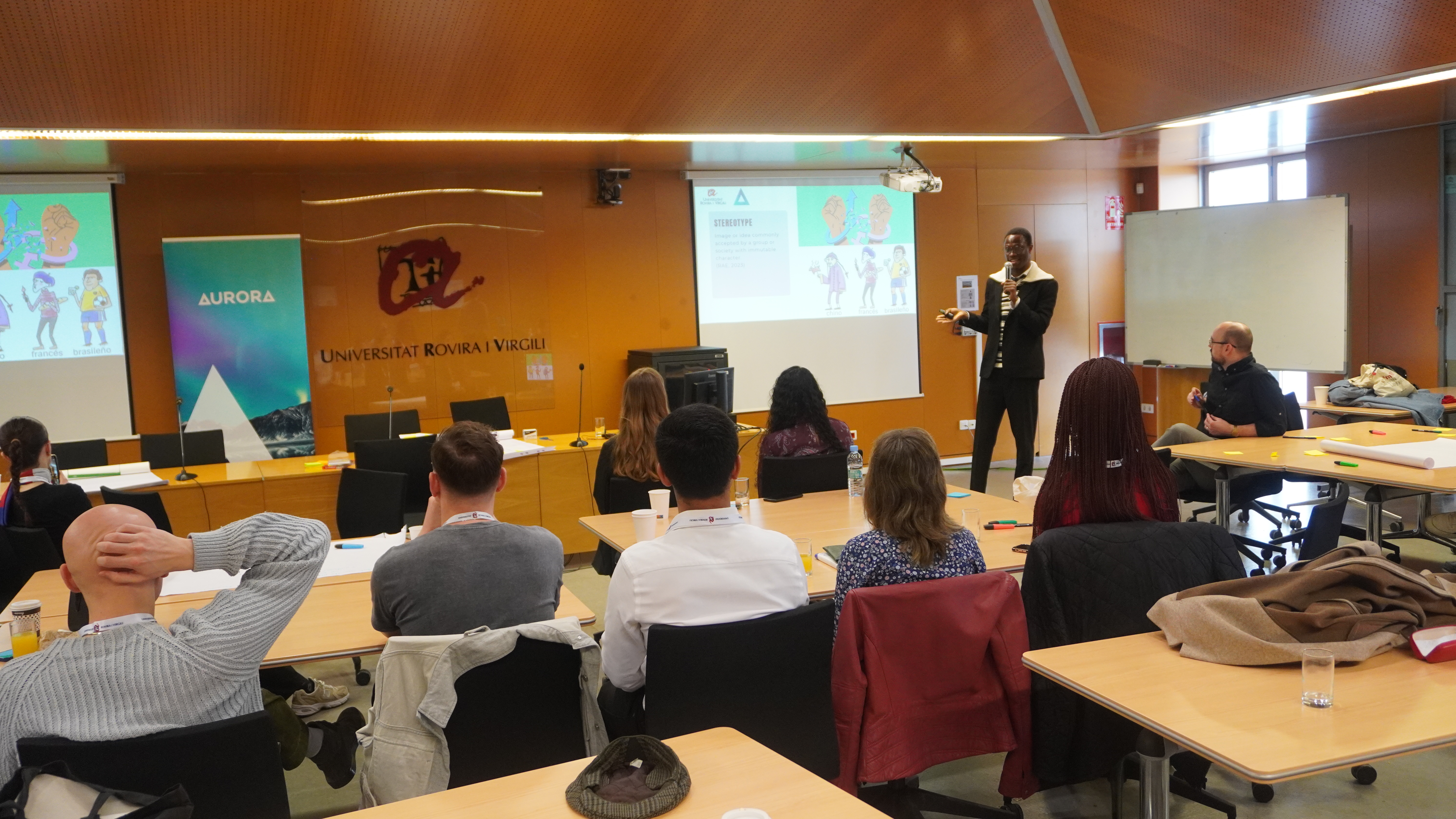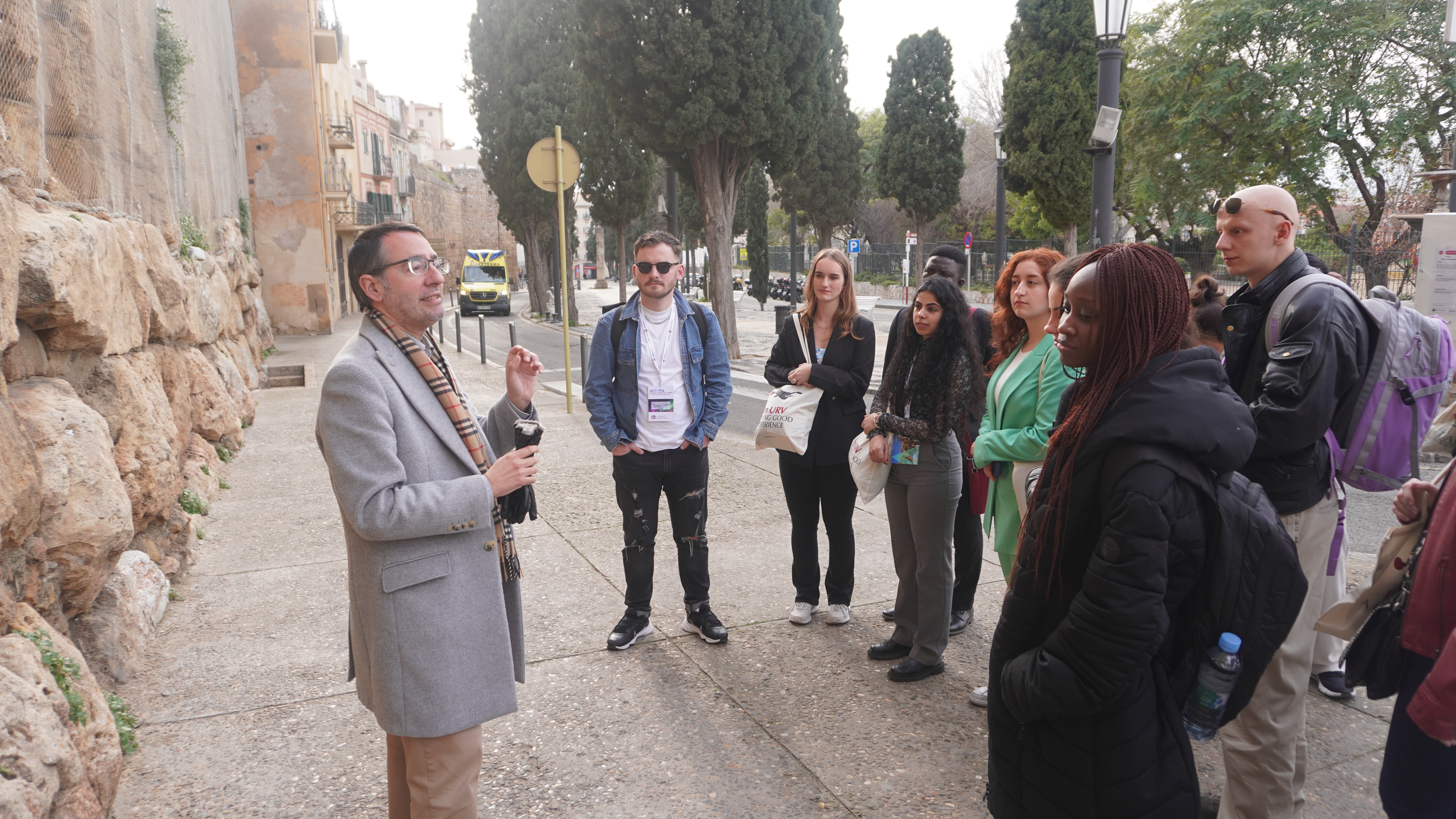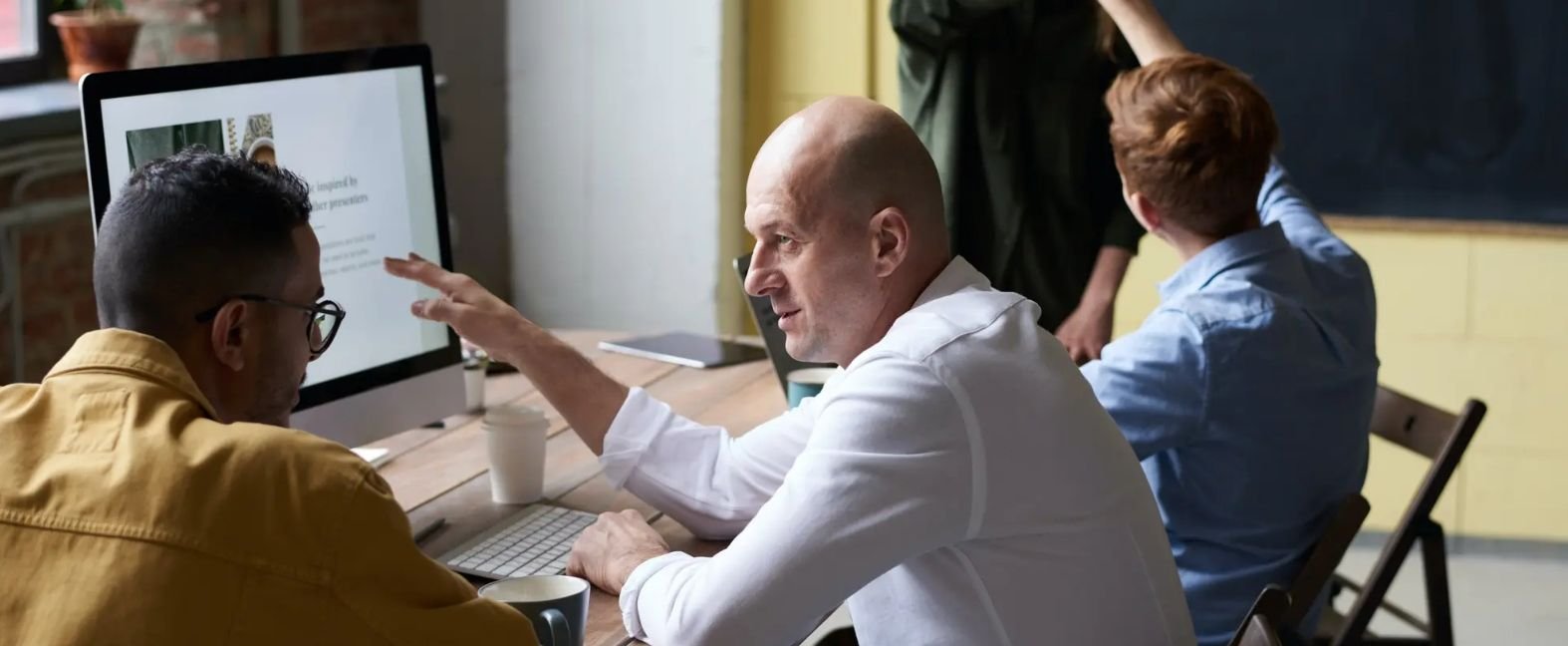On International Women’s Day 2024, Aurora universities set a leading example by fostering an environment that nurtures inclusivity and celebrates women’s pivotal roles in driving innovation, scientific discoveries, and societal advancements.
These initiatives and activities spearheaded by Aurora universities are aligned with United Nations’ theme “Accelerate Progress: Invest in Women”, and the International Women’s Day (IWD) theme, “Inspire Inclusion”. Both focus on expediting women’s rights, achieving gender equality, inspiring women from all walks of life, and challenging barriers that historically impeded women’s progress.
University of Iceland
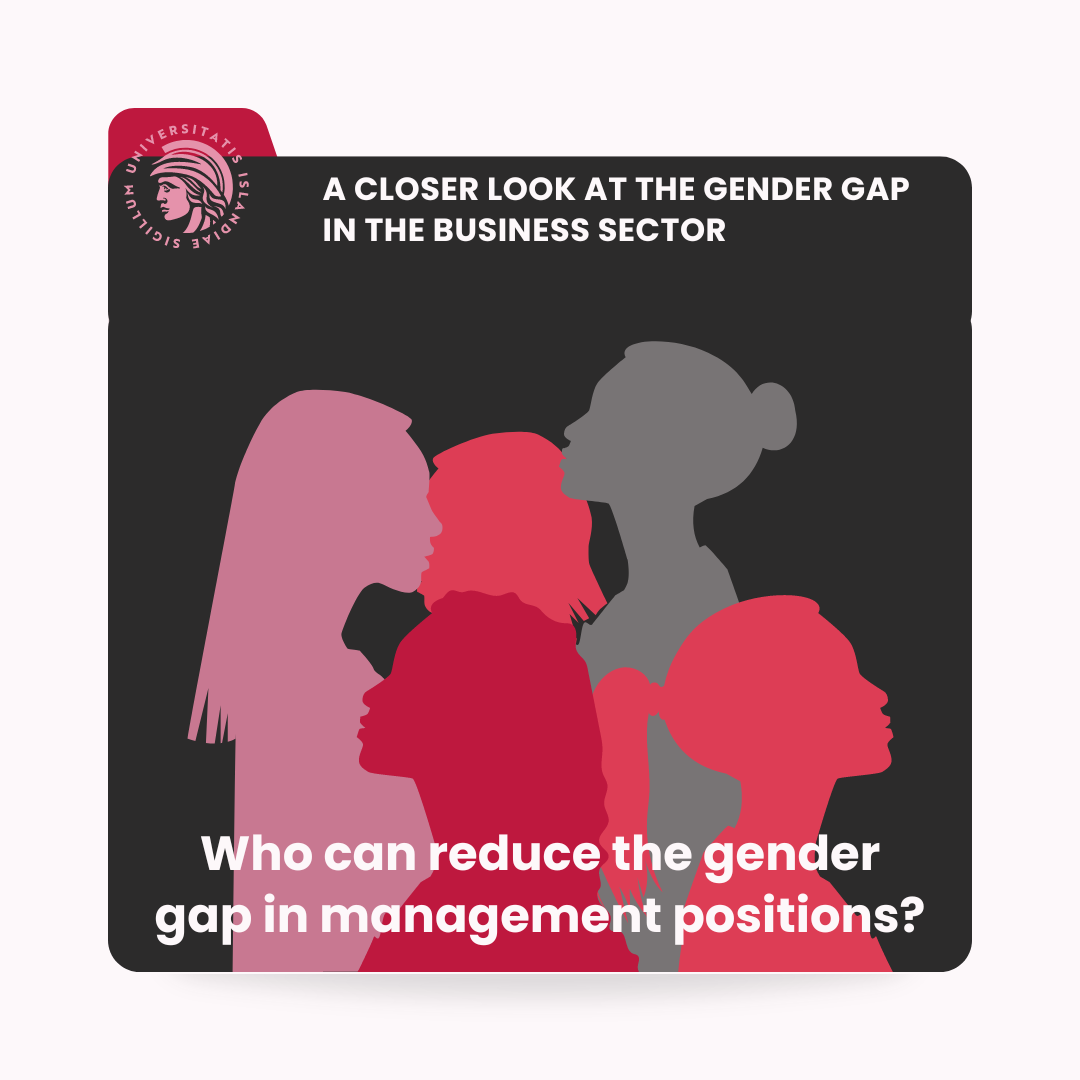 As part of a larger conference called “Science and Society”, the University of Iceland (UI) organised an event on the gender gap that remains an issue within the business sector, and especially for women in top management positions. Notable people from the university, business, and also the Parliament, including Iceland‘s Prime Minister, Katrín Jakobsdóttir, gathered to discuss how the government could help reduce this gender gap.
As part of a larger conference called “Science and Society”, the University of Iceland (UI) organised an event on the gender gap that remains an issue within the business sector, and especially for women in top management positions. Notable people from the university, business, and also the Parliament, including Iceland‘s Prime Minister, Katrín Jakobsdóttir, gathered to discuss how the government could help reduce this gender gap.
Read more about the event (in Icelandic): Hverjir geta dregið úr kynjabilinu í stjórnendastöðum í atvinnulífinu.
Vrije Universiteit Amsterdam
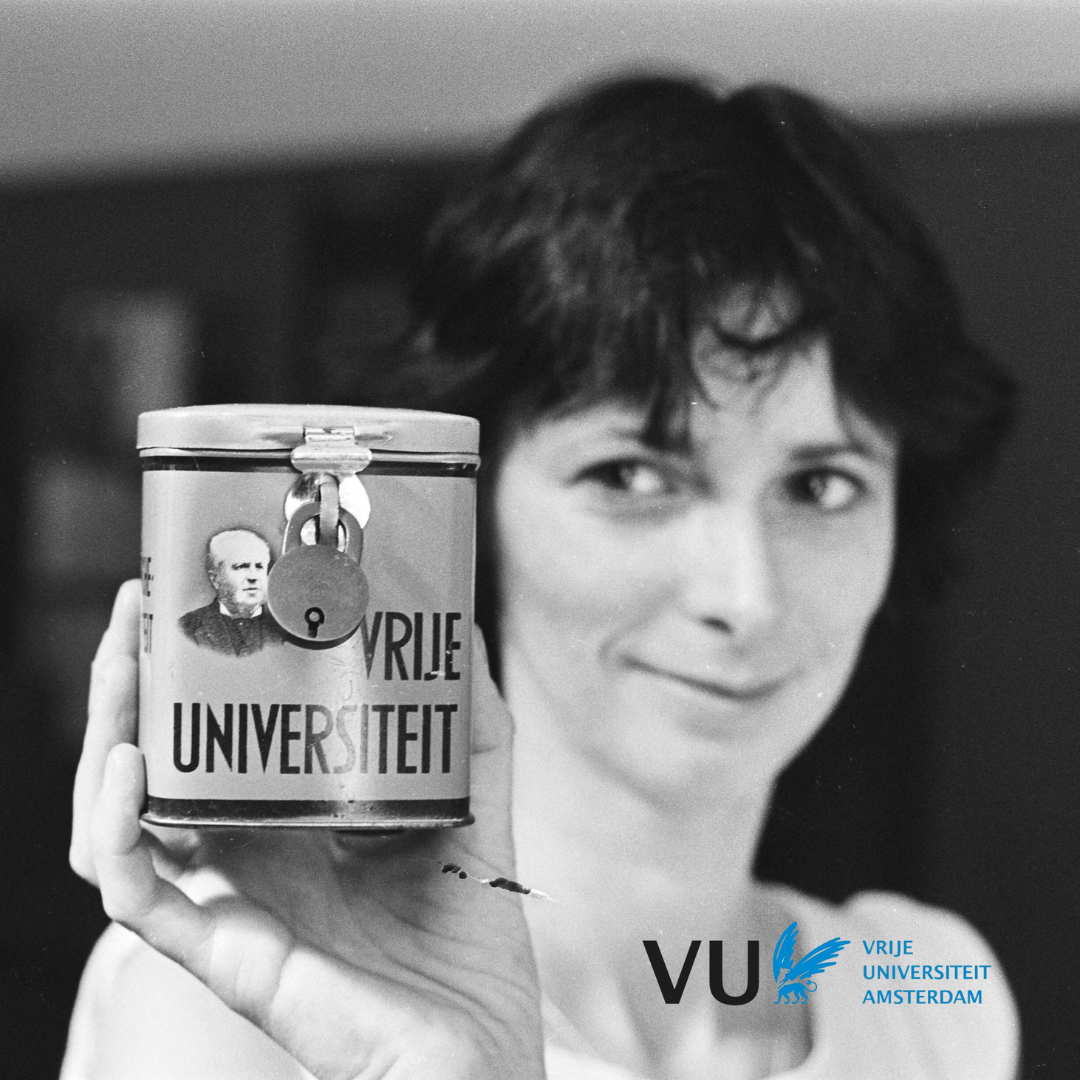
Did you know that women are the reason that Vrije Universiteit Amsterdam (VU Amsterdam) exists today? On this International Women’s Day, VU Amsterdam commemorates the fundraising initiative launched and organised by women since 1932. The objective of this collective effort was to build a medical faculty, physics and chemistry laboratories, and also to improve hospital accessibility and development aid abroad. Today, this country-wide initiative has come under the name of “Women VU Aid”.
Read the story in detail: Women are the reason VU exists.
University of Duisburg-Essen
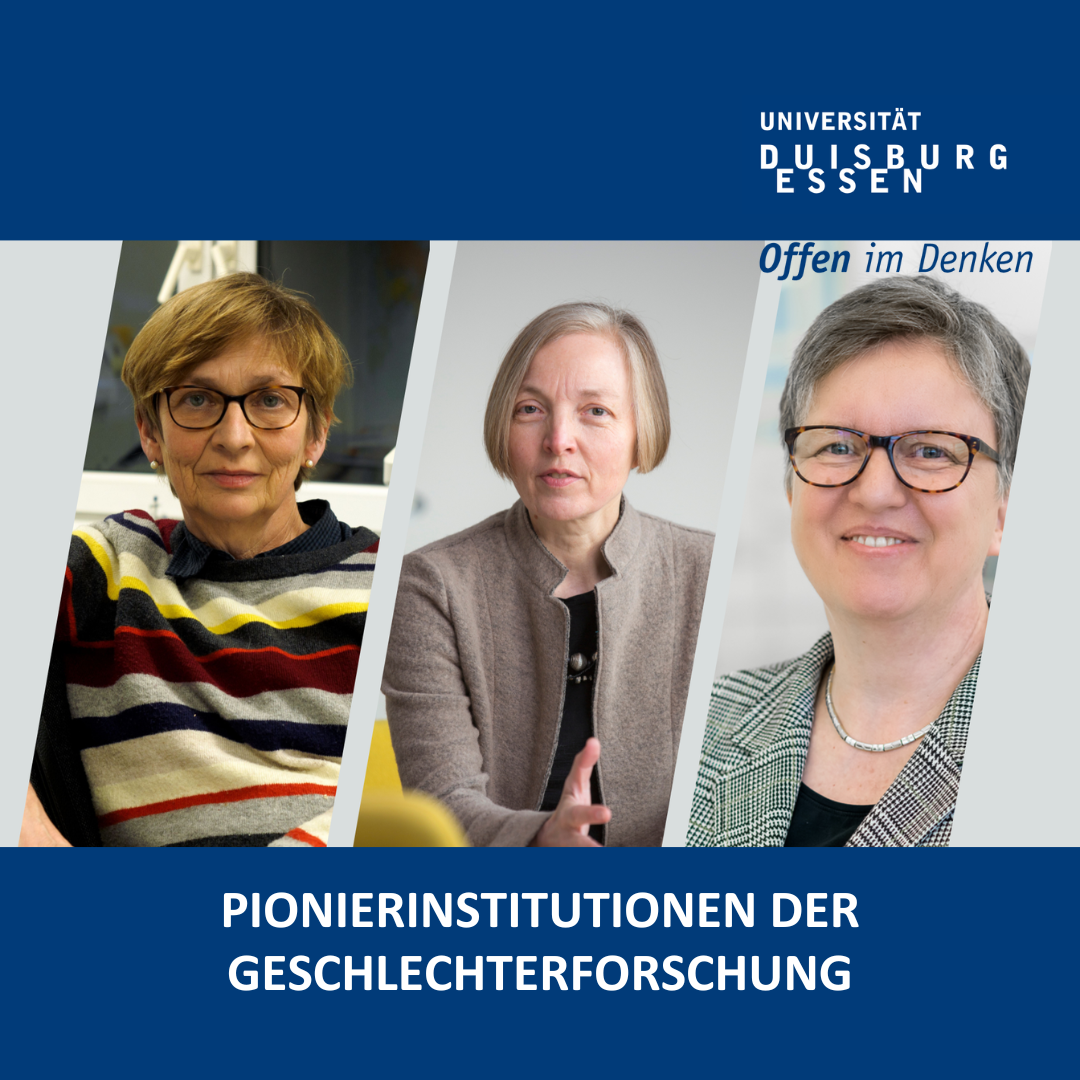
Gender studies have a long track record at the University of Duisburg-Essen (UDE). During the International Women’s Day 2024, UDE celebrated the 25th anniversary of its Essen Center for Gender Studies. The university also kicked off its new Institute for Gender-Sensitive Medicine, to strengthen gender research even further. These special occasions called for an interview with Dr. Maren A. Jochimsen, Professor Dr. Anke Hinney and lecturer Dr. Andrea Kindler-Röhrborn.
Read the interviews (in German): Pionierinstitutionen der Geschlechterforschung.
Universität Innsbruck
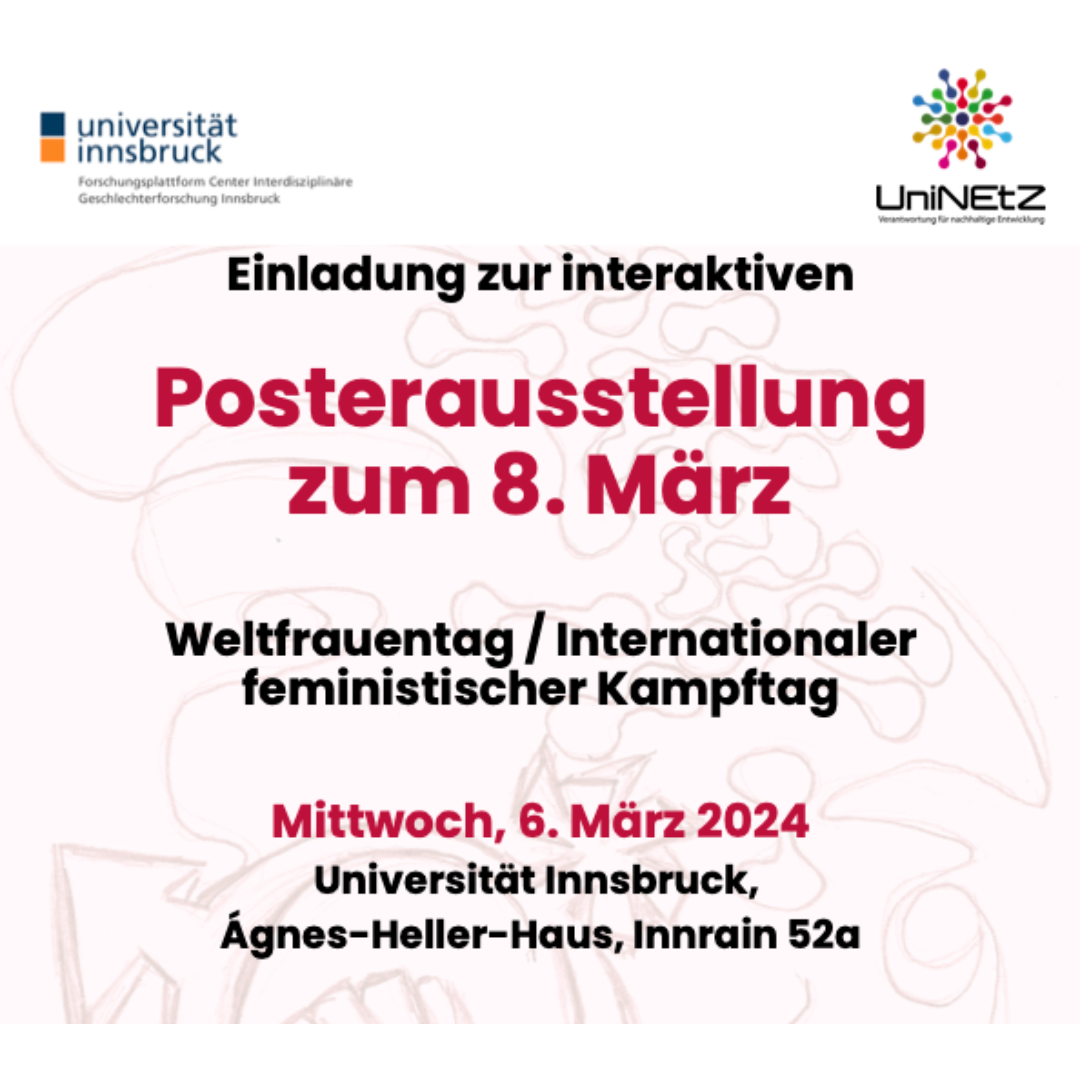
For this special occasion, Universität Innsbruck organised an interactive poster (re)design exhibition to raise awareness on gender equality as the fifth Sustainable Development Goal (SDG) of the United Nations. The exhibition was created by communication designer Elisabeth Kopf and is part of the UniNEtZ project to support Austria in the implementation of the SDGs by providing specialist know how: Universities make their social and natural science, technical and artistic expertise available and in this way take responsibility for a sustainable transformation – in an ecological, economic and social sense.
Watch the video of the interactive exhibition.
Copenhagen Business School

Is gender equality in the labour market still an issue today? Research from Copenhagen Business School (CBS) highlights the challenges that women face at different levels in their professional development. From job loss to women in top management to bias against women entrepreneurs, these studies explore in depth, the reasons behind enduring inequality, its consequences, and the actions taken to move towards a more equal future for women.
Delve into the research: Exploring Equality Challenges in the Job Market.
University of Naples Federico II
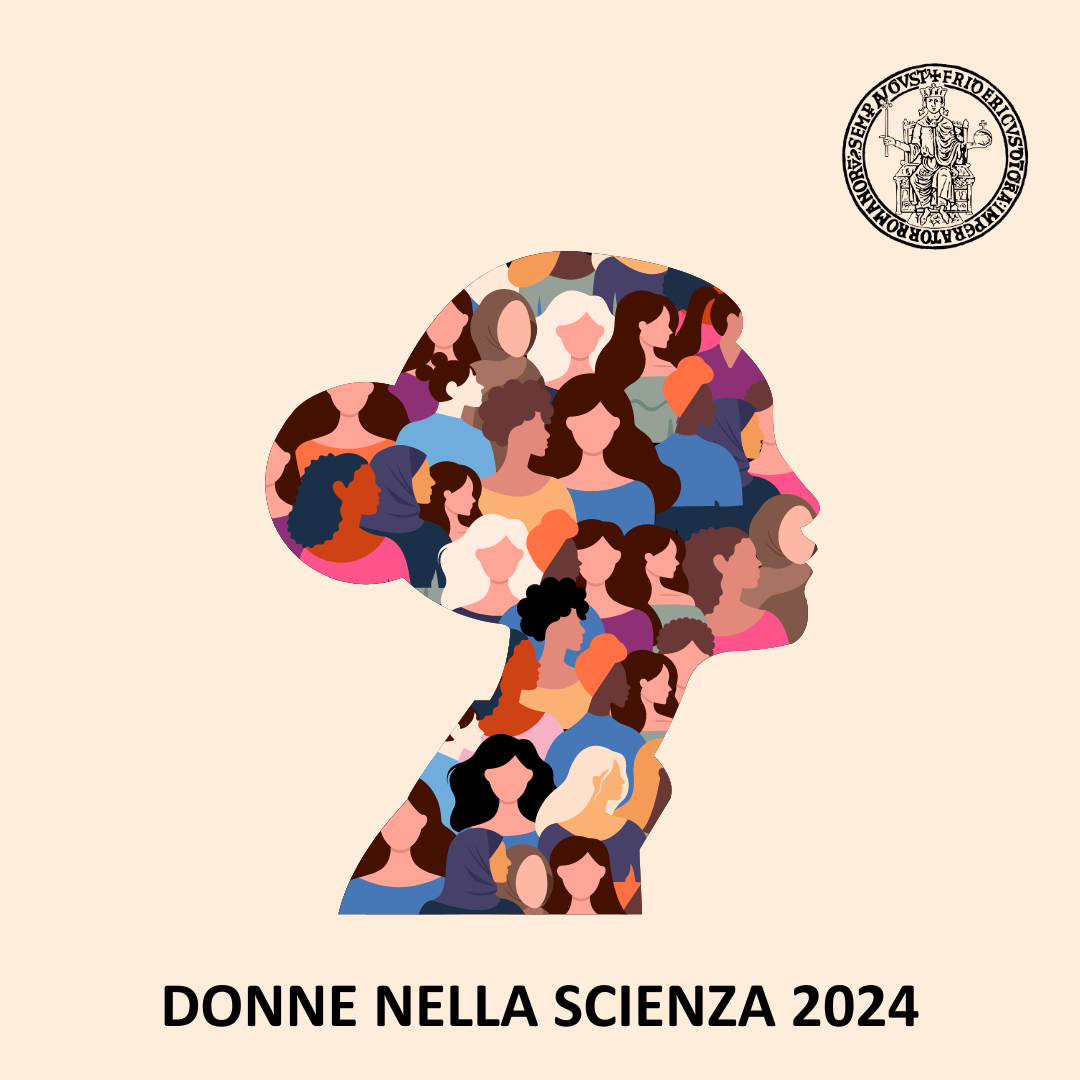
In one of its initiatives to celebrate International Women’s Day, University of Naples Federico II (UNINA) brought to light the discrimination and prejudice against women working in the marine sector. In collaboration with Oceanitalians, UNINA organised an exchange with three female professionals working in oceanographic research, Professor Flegra Bentivegna, Dr. Angela Landolfi, Dr. Sara Biancardi, and psychologist-psychotherapist Anna Pisterzi.
Watch the replay of this discussion (in Italian): Donna Nella Scienza 2024.
Palacký University Olomouc
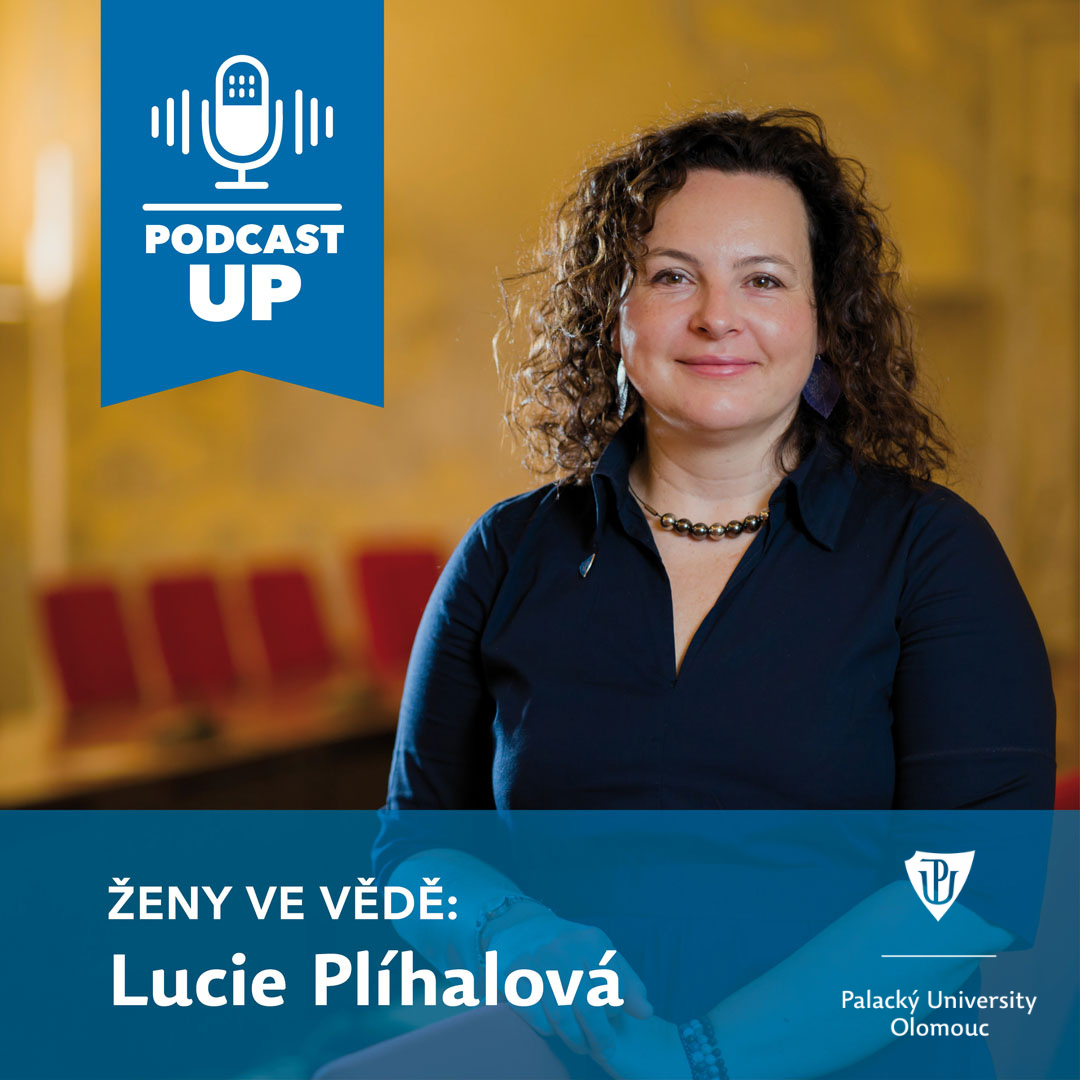
In line with its long-term vision, Palacký University Olomouc (UP) has committed to equal opportunities through initiatives such as its “Gender Equality Plan”. In addition, the university has also recently featured several female scientists in a series of podcasts. These interviews aim to break down barriers for women in scientific fields, and to inspire other women to consider career possibilities in scientific fields.
Listen to the podcast (in Czech): Žena ve vědě.
Universitat Rovira i Virgili
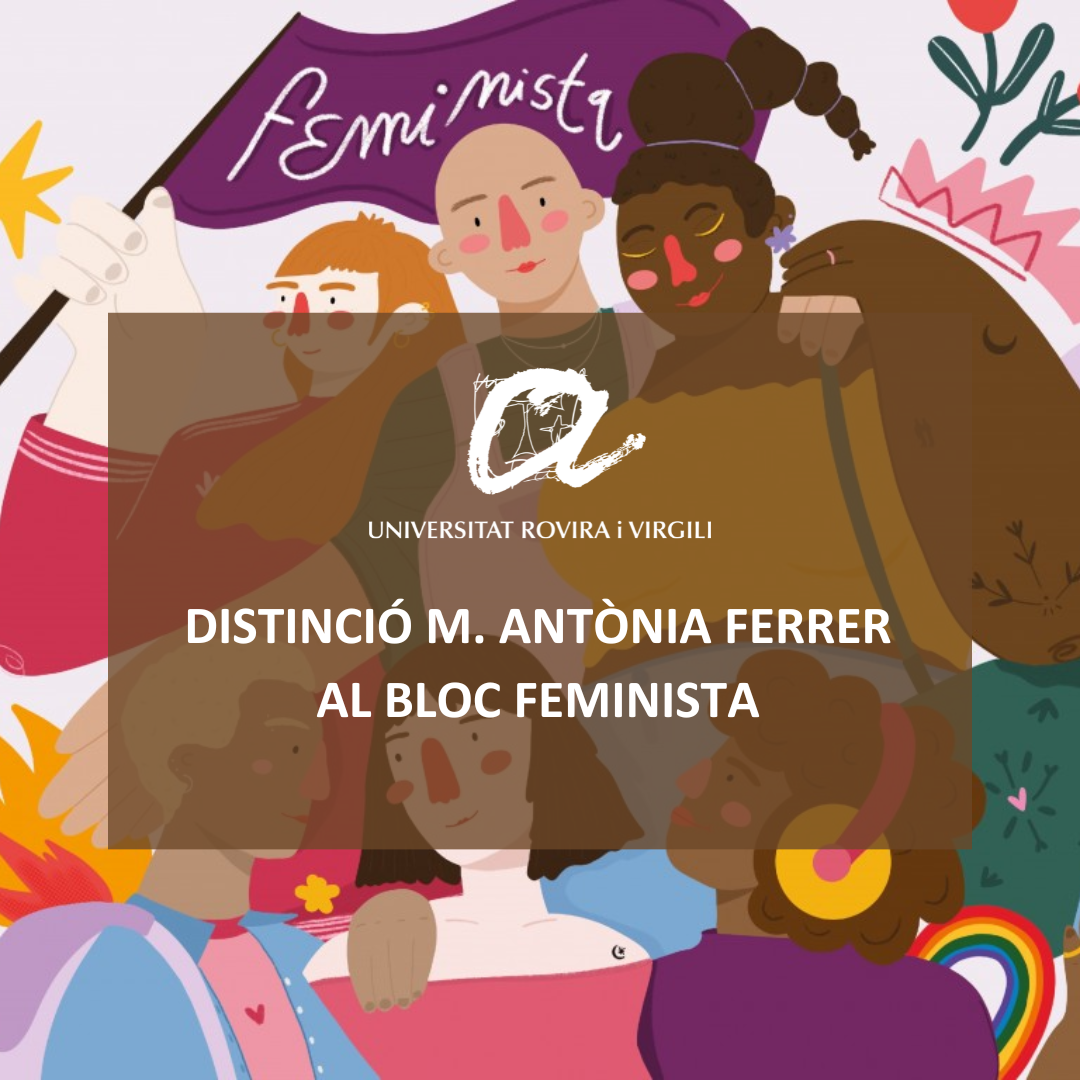
Every year for International Women’s Day, the Universitat Rovira i Virgili (URV) coordinates a number of activities through its Unitat d’Igualtat (Equality Unit) and in collaboration with other URV Departments and Services. One of the highlight events this year was the ceremony awarding the founders and pioneers of the Bloc Feminista de Tarragona established in the 1970s, with the Maria Antònia Ferrer i Bosch Distinction. They led the way in organising the fight against the lack of rights for women in Tarragona. Thanks to these visionary leaders, today they are able to have open discussions on labour discrimination, gender equality in education and employment.
Find out more (in Catalan): La URV commemora el 8M amb activitats que posen en relació la discriminació de les dones amb altres desigualtats.
Université Paris-Est Créteil
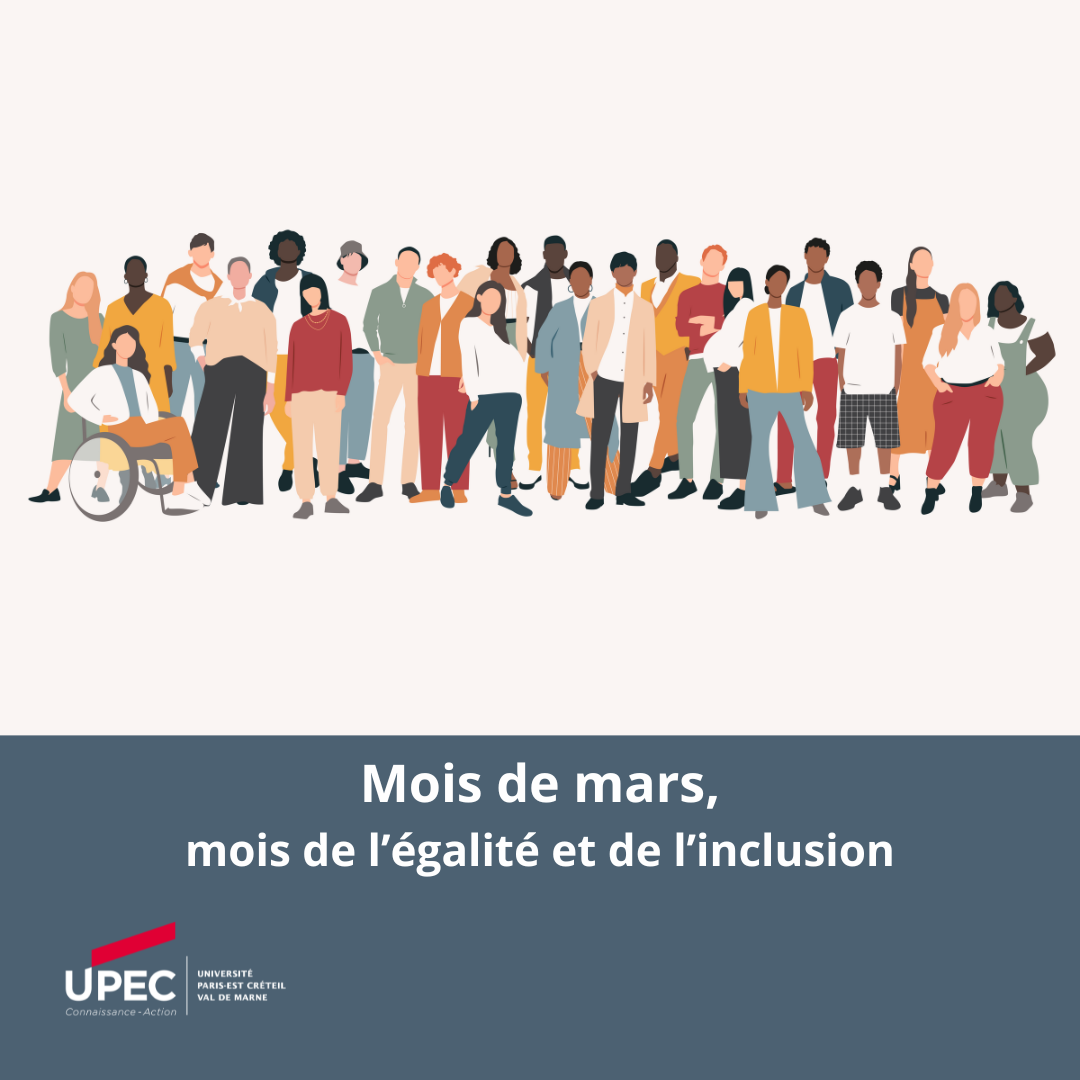 This year at Université Paris-Est Créteil (UPEC), the whole month of March is dedicated to diversity, equity and inclusivity. All month long, UPEC organises conferences, workshops, thematic stands and exhibitions tackling issues such as gender equality, sexual discrimination, prejudice against the disabled, and violence against women, to name a few. Spotlight on a conference by female scientist Fahimeh Robiolle, who shared her trials and tribulations as a female Iranian living in Teheran under the rule of Mohammad Reza Chah Pahlavi. During the conference, she shared her story of emancipation and how she became one of the first women to study nuclear physics in Iran.
This year at Université Paris-Est Créteil (UPEC), the whole month of March is dedicated to diversity, equity and inclusivity. All month long, UPEC organises conferences, workshops, thematic stands and exhibitions tackling issues such as gender equality, sexual discrimination, prejudice against the disabled, and violence against women, to name a few. Spotlight on a conference by female scientist Fahimeh Robiolle, who shared her trials and tribulations as a female Iranian living in Teheran under the rule of Mohammad Reza Chah Pahlavi. During the conference, she shared her story of emancipation and how she became one of the first women to study nuclear physics in Iran.
Discover other activities at UPEC during this special month (in French): Mois de Mars, Mois de L’égalité et de L’Inclusion à l’UPEC.
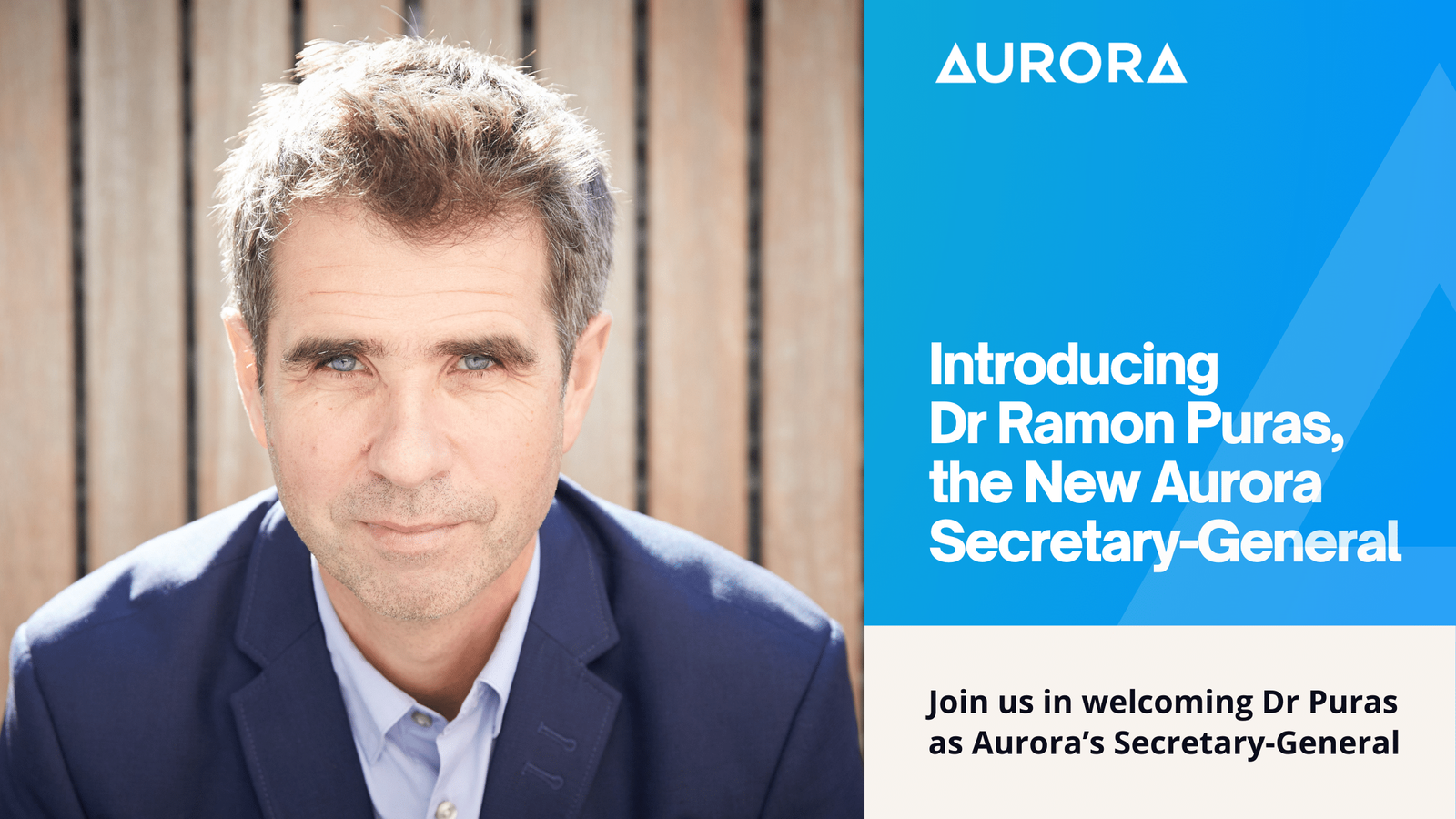
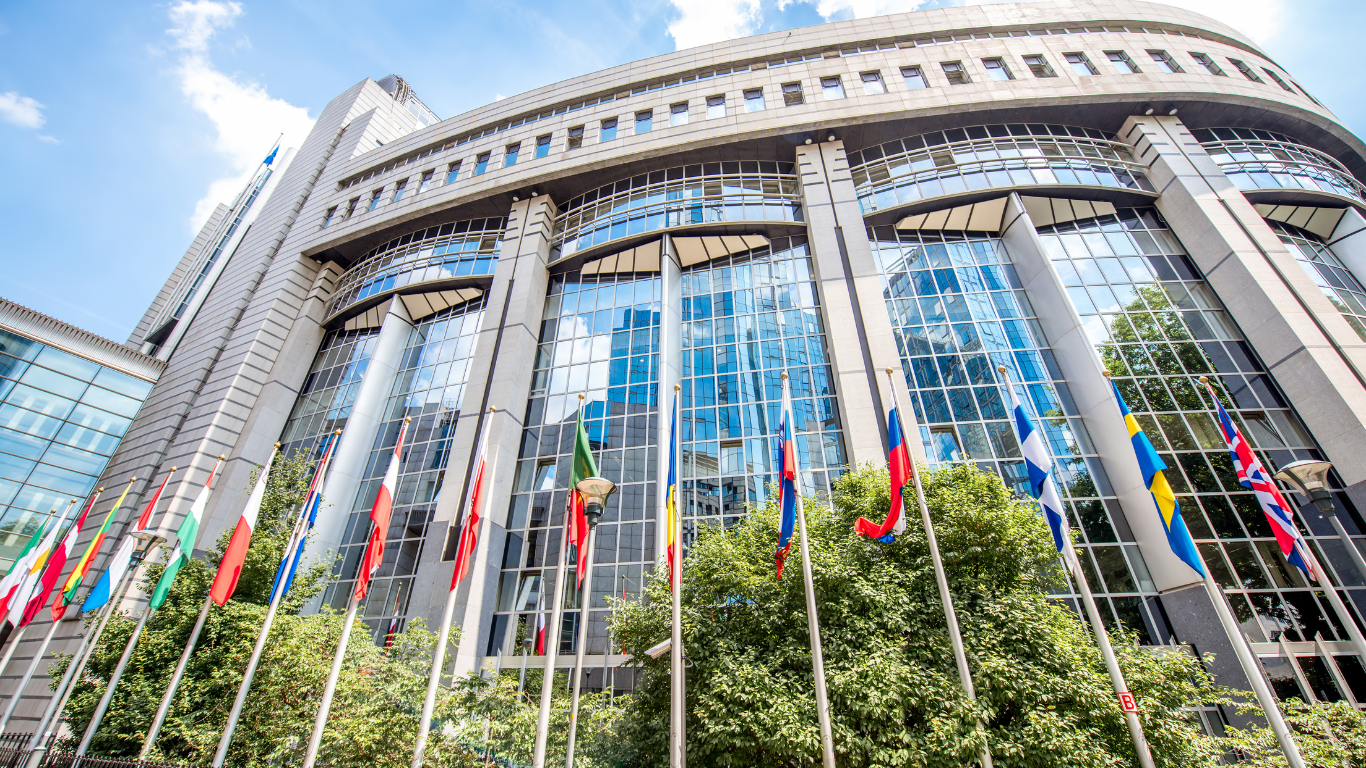


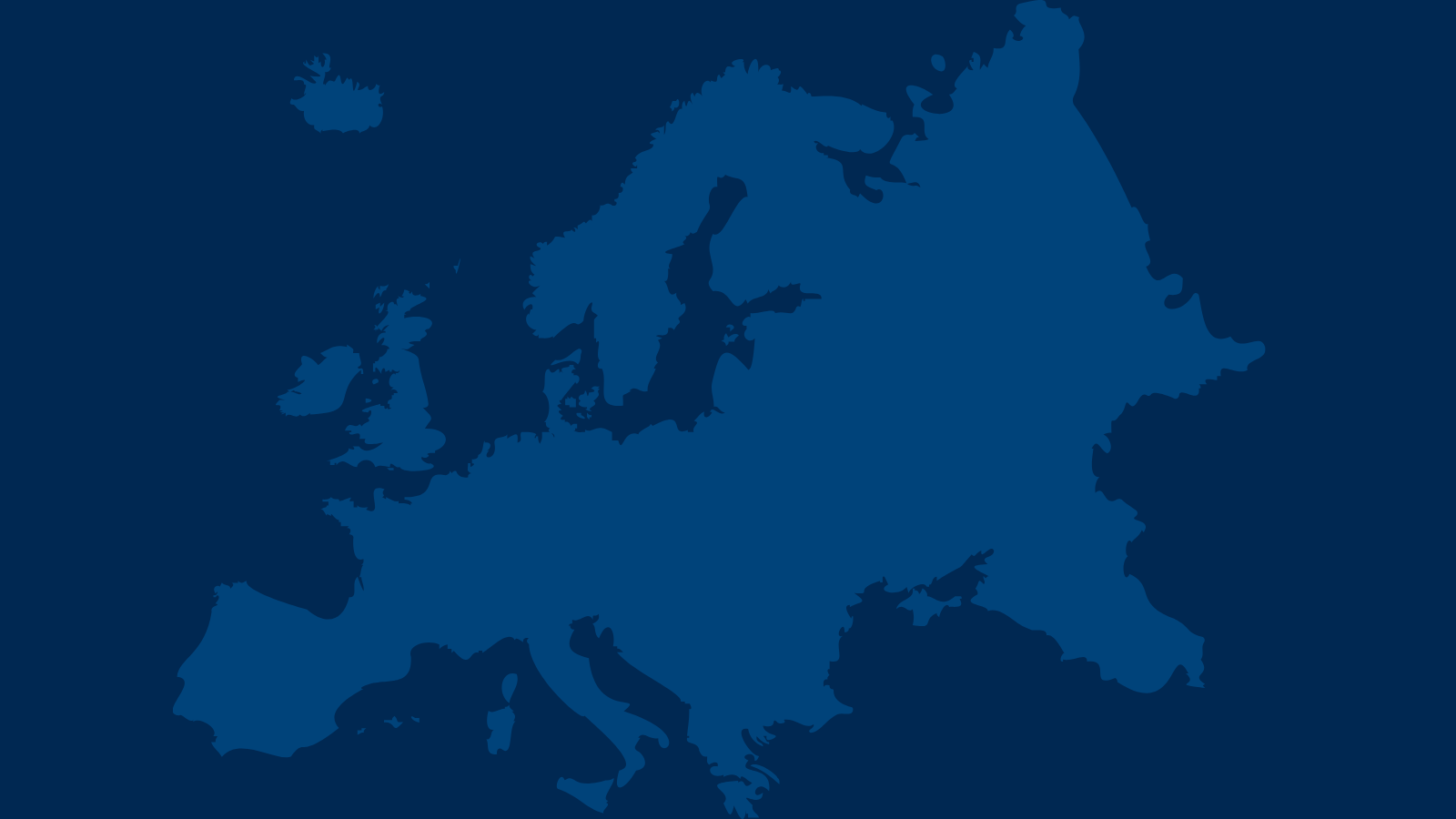


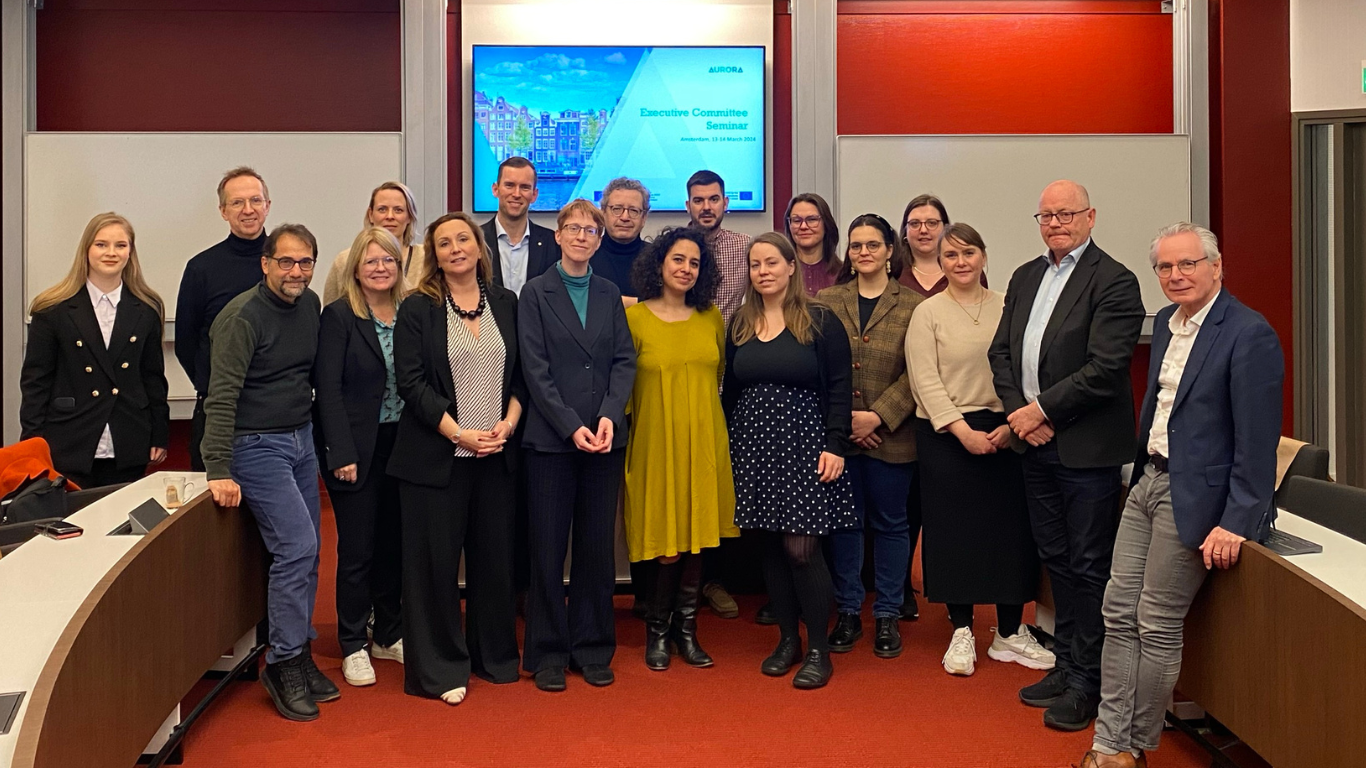
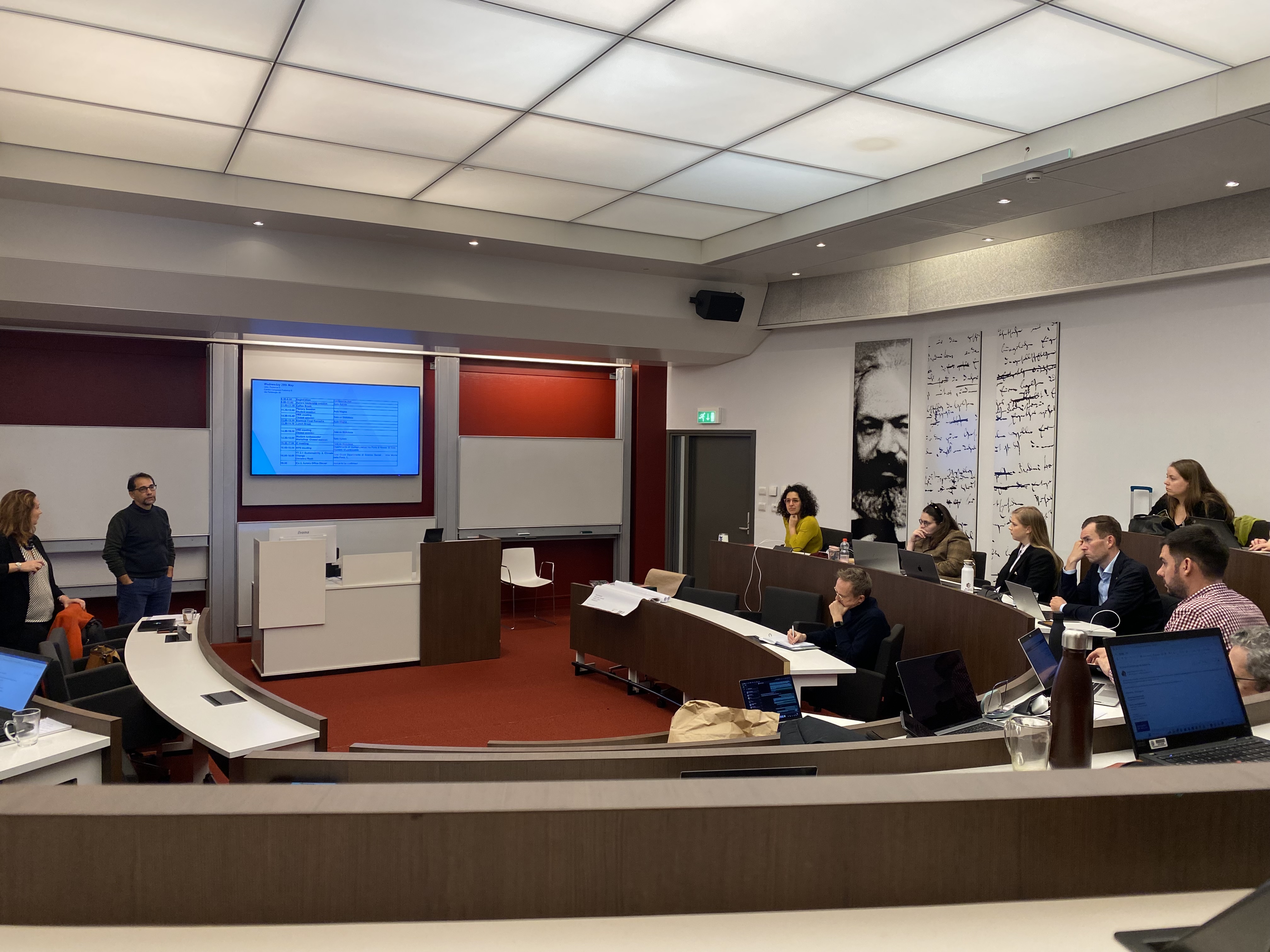
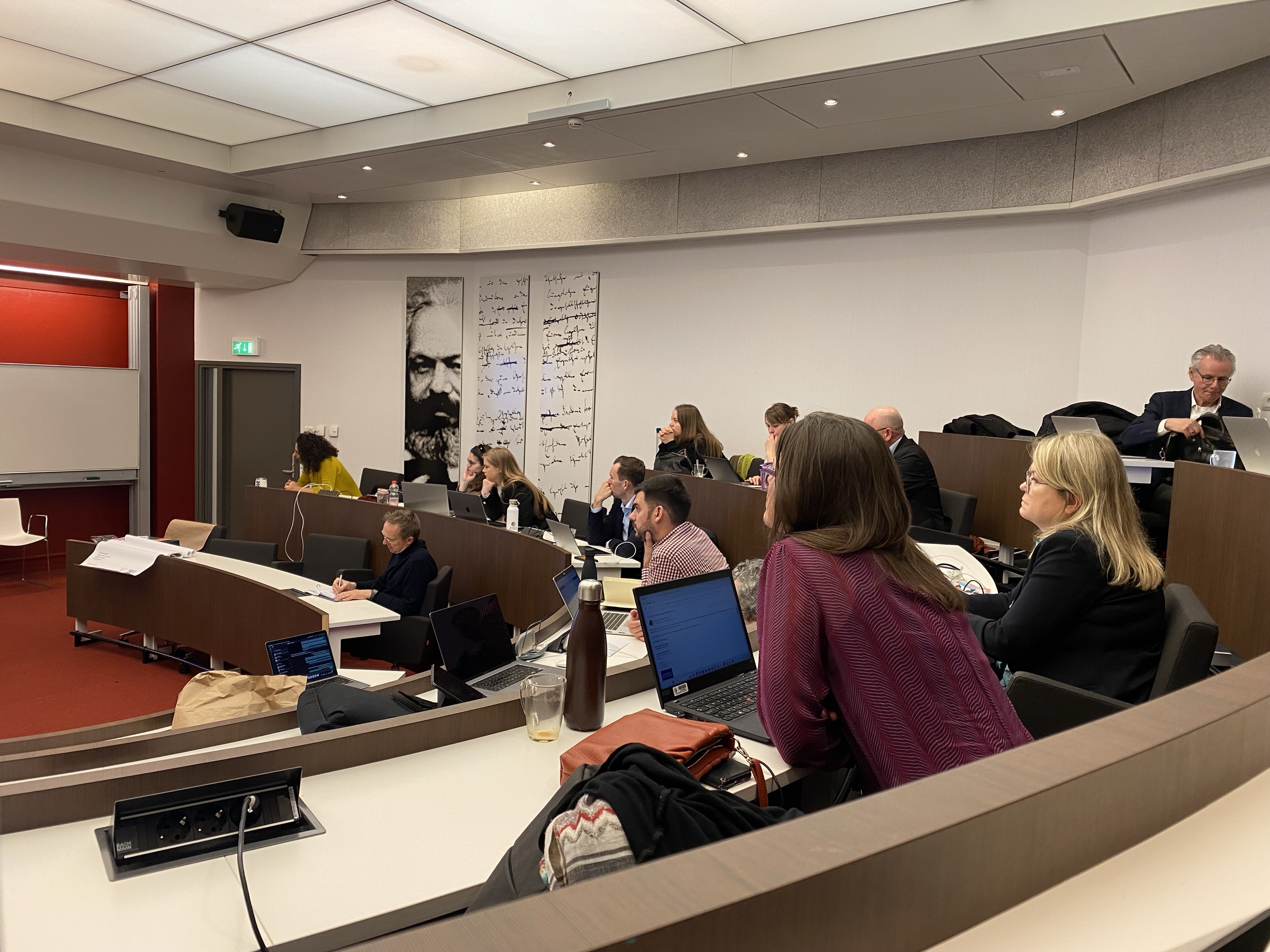
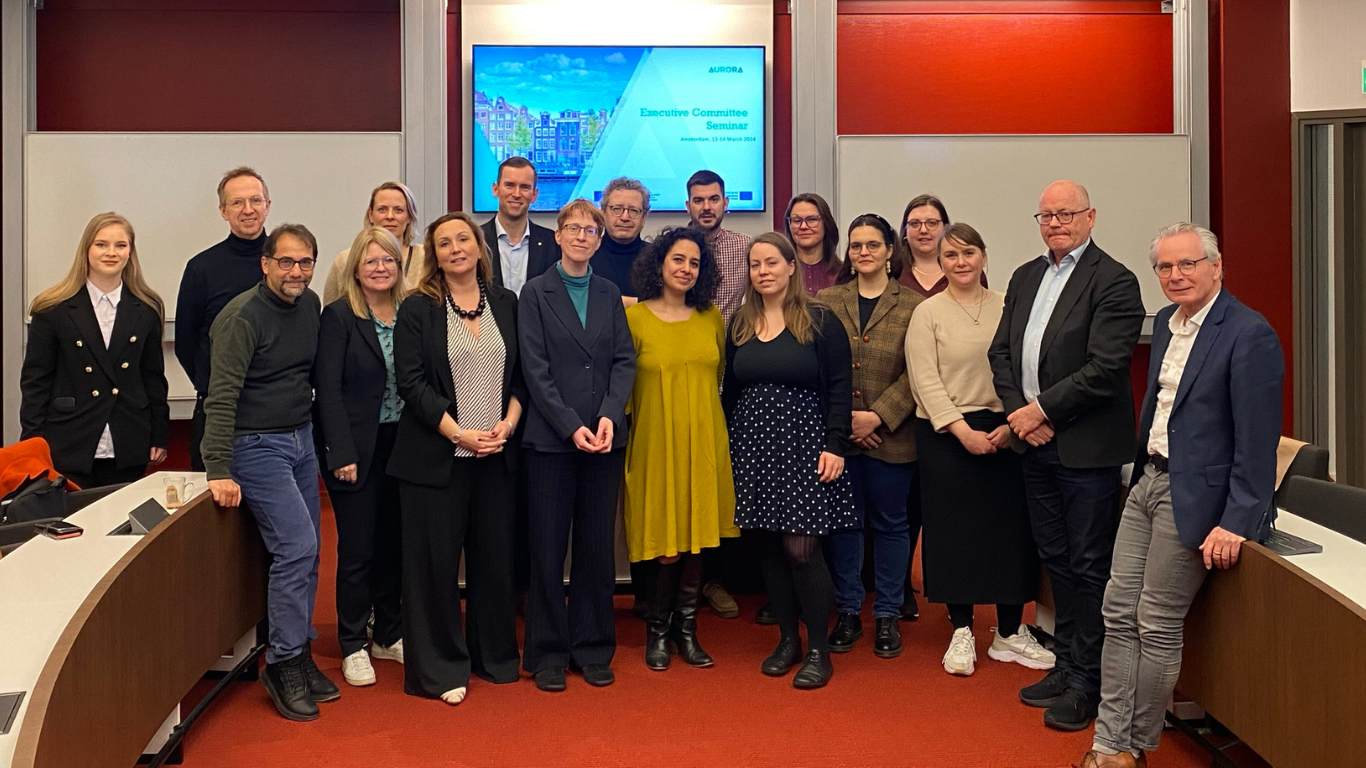
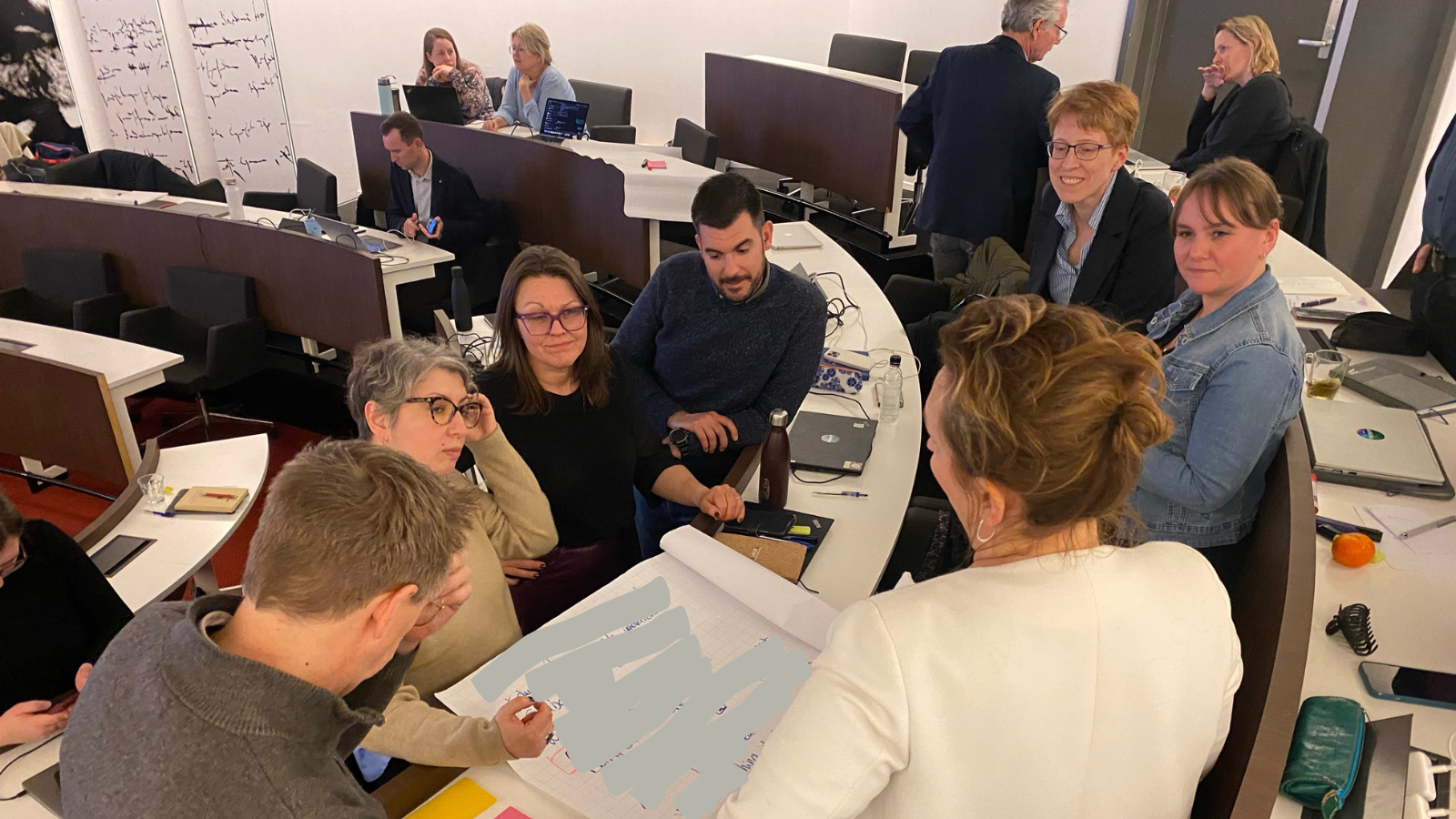
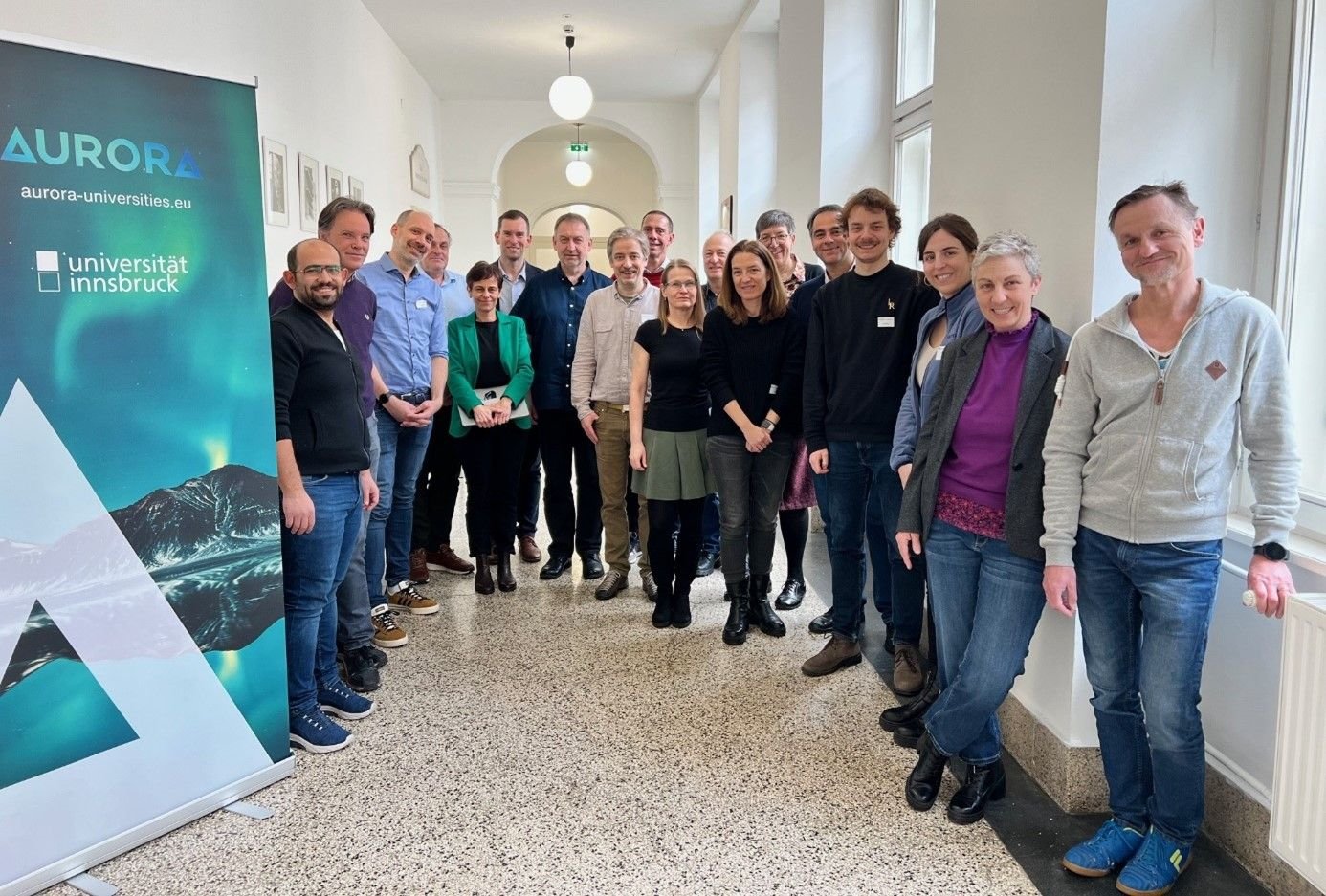
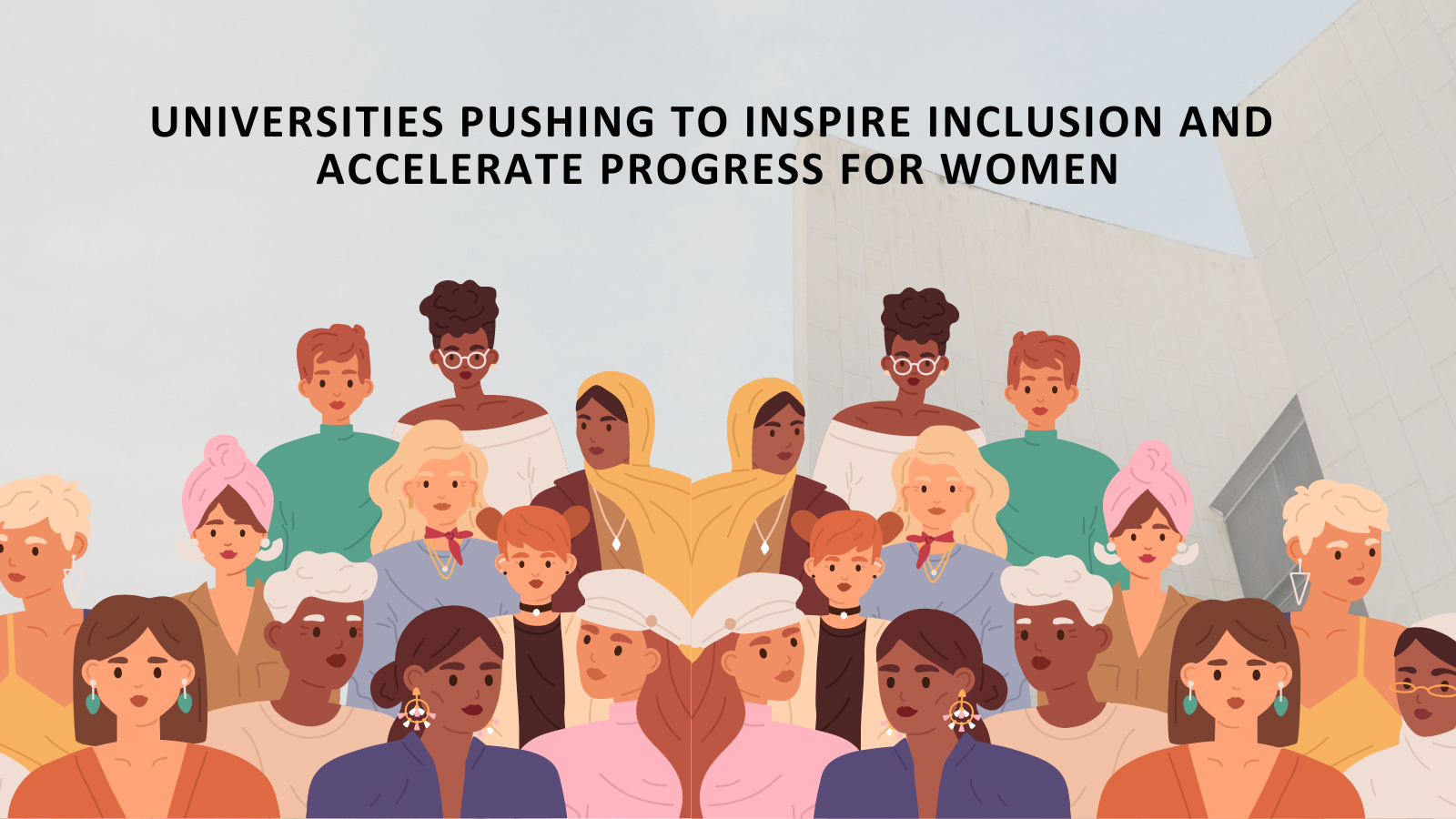
 As part of a larger conference called
As part of a larger conference called 






 This year at
This year at 